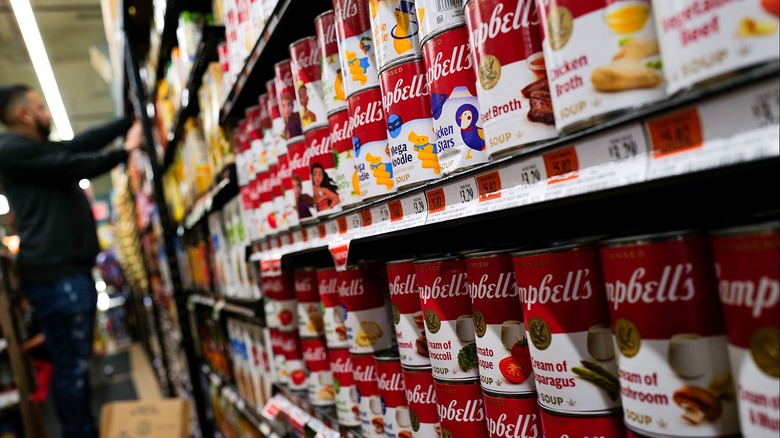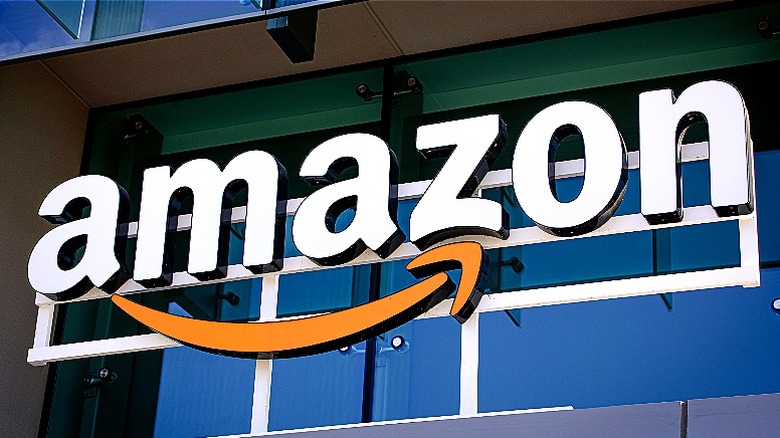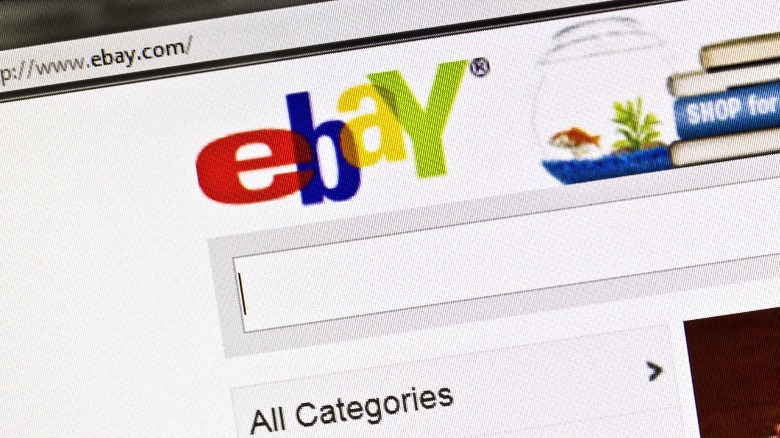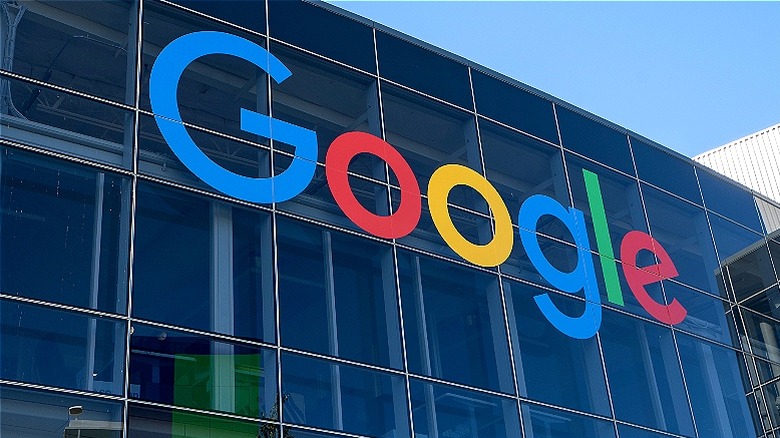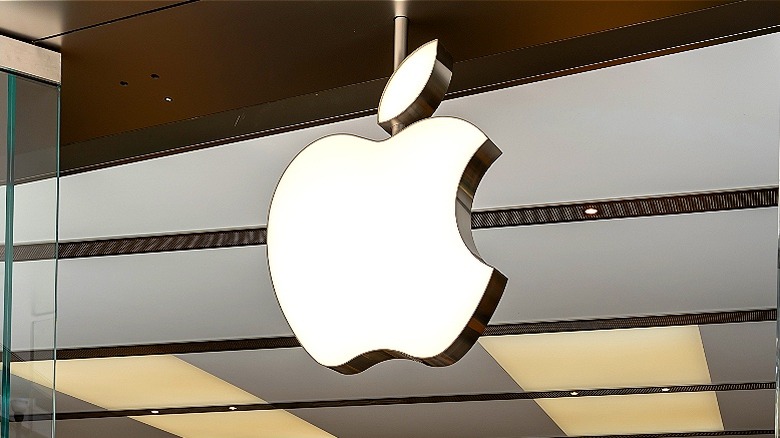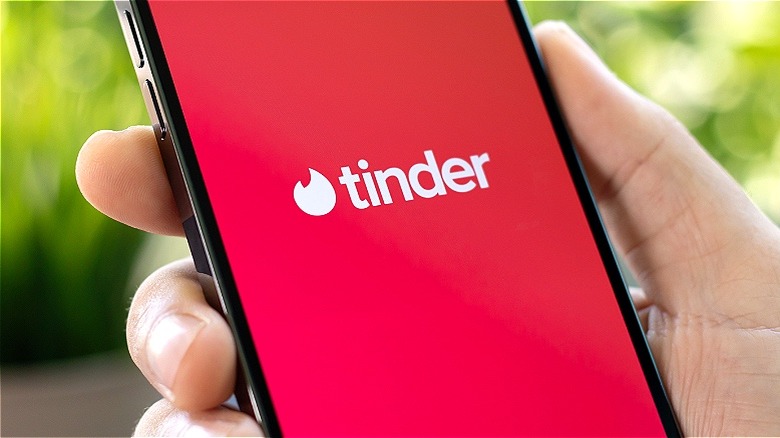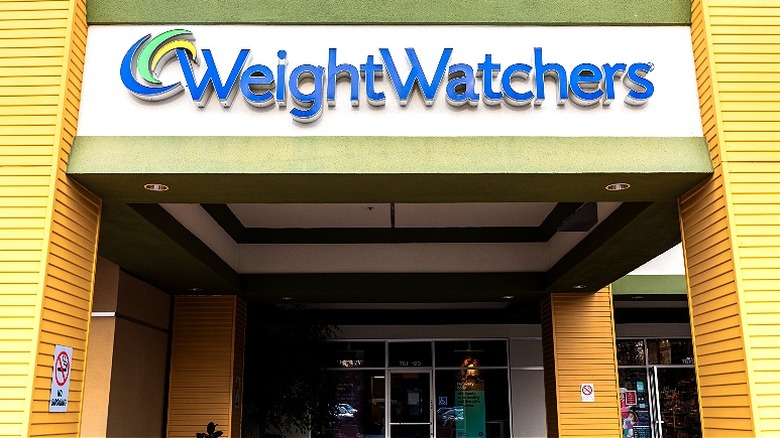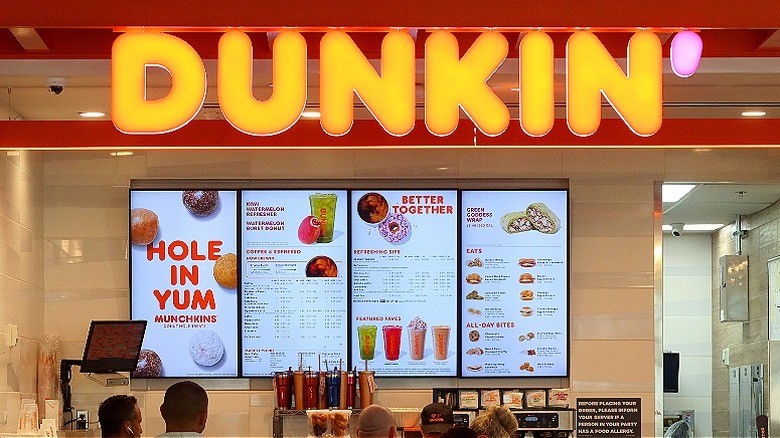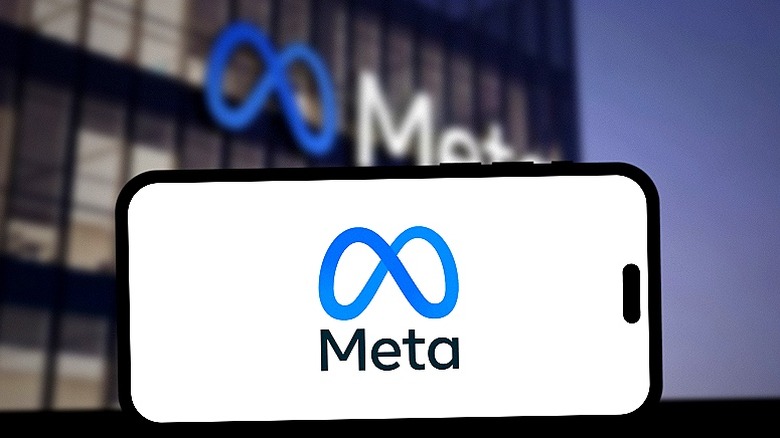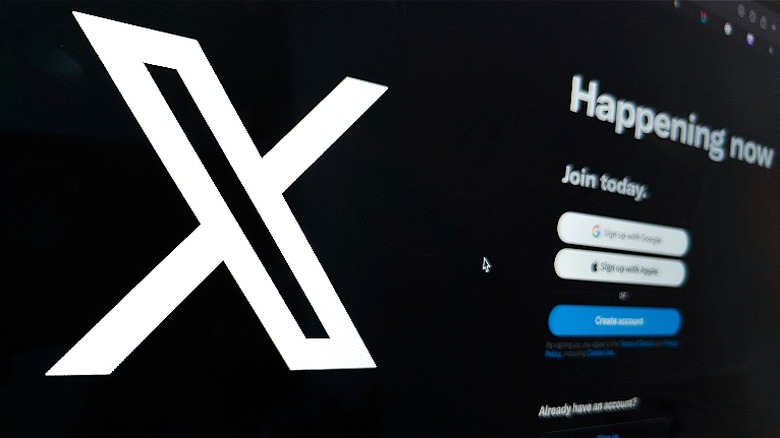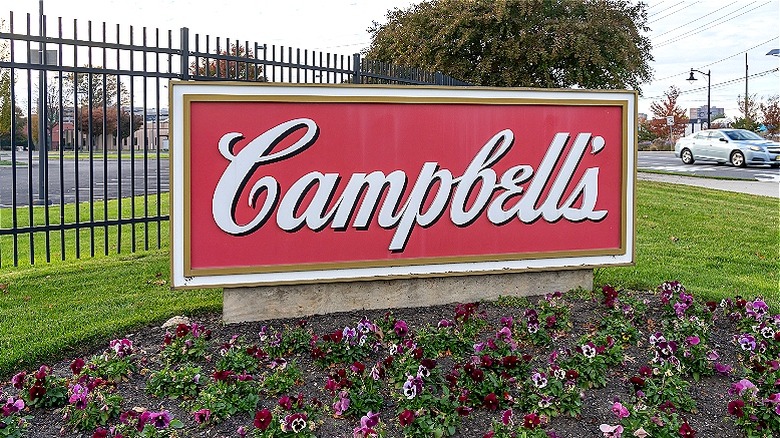10 Famous Businesses That Changed Their Names (Including Campbell's)
It's not uncommon for a business to completely rebrand itself. From fast-food chains to social media platforms and everything in between, many companies look much different today than they did upon their inception. This may involve an updated logo, expanded offerings, or, as is often the case, a new name.
Changing a well-known business's name, even a slight tweak, isn't something that's done lightly or for no reason, as it could upset and/or confuse longtime, dedicated customers. Rather, it's done for a specific purpose, whether that is to bring fresh life to a declining business, signify an expansion or merger, or simply give a catchier ring to an unnecessarily long/complicated name.
It's hard to imagine certain companies, such as Amazon, Google, eBay, or Tinder (speaking of which, here's the alarming reasons people are paying for dating apps today) being called anything but what we currently know them as. However, they're among the numerous famous businesses to implement a name change. Read on to learn when and why the above businesses and others — including the recently rebranded Campbell's — decided to launch new identities.
Amazon (1994)
You know Amazon as the e-commerce giant that can deliver pretty much anything to your doorstep within mere hours. However, upon its launch in the early '90s by founder Jeff Bezos, it was an online bookstore named Cadabra. Bezos was urged by his lawyer to change the name, with Awake, Browse, and Bookmall considered as other options before the URL for Amazon.com was officially registered on November 1, 1994. Amazon was selected for its reference to the largest river in the world.
eBay (1997)
From Funko Pop! Figures that are worth a ton today to valuable concert posters with unexpected value, eBay allows people around the world to purchase and/or sell a massive variety of items. Since its inception in 1995 by founder Pierre Omidyar, the goal was always to offer a site "dedicated to bringing together buyers and sellers in an honest and open marketplace," according to its official history. When Omidyar originally launched the site, users knew it as AuctionWeb. In September 1997, its name changed to eBay.
Google (1997)
In 1996, when Larry Page and Sergey Brin were bringing to life what would become the search engine Google, their original name for it was interesting, to say the least. Initially, their program was called BackRub, a nod to its ability to study backlinks across the web and provide users with the most relevant results.
As the story goes, there was an eventual brainstorming for new names, with Stanford graduate student Sean Anderson coming up with "googolplex." Per Stanford computer researcher David Koller, Page bounced off this suggestion to offer "googol." In his quest to see if that domain name was taken, Anderson mistakenly looked up "google.com," which had a better ring to it. It was registered on September 15, 1997.
Apple (2007)
After some three decades in business as Apple Computers, CEO Steve Jobs announced in January 2007 that his tech company's name was changing to, simply, Apple. While the business's focus was primarily computers when it was founded in 1976, by 2007, this was no longer the case. Therefore, it made sense to have the name represent Apple's new and expanded lineup of products. In an official announcement at the time (via Macworld), Jobs said, "The Mac, iPod, Apple TV and iPhone. Only one of those is a computer. So we're changing the name."
Tinder (2012)
Those looking for love have been swiping left and right on the dating app Tinder since 2012. The concept of the app has always been the same, but founders Sean Rad, Justin Mateen, and Whitney Wolfe originally called their business MatchBox. However, upon noticing how similar it sounded to fellow dating website Match.com, they brainstormed a fresh name using a thesaurus, landing on Tinder.
WW (2018)
For more than 50 years, many consumers looking to see a lower number on the scale turned to the weight-loss program Weight Watchers, founded in May 1963 by Jean Nidetch. However, in the early 2010s, the organization noticed that modern participants wanted more for themselves than just losing a few pounds. They craved an overall sense of wellness, but the company name didn't support that.
So, in 2018, Weight Watchers officially became WW International. President and CEO Mindy Grossman (at the time) told Fast Company, "It's not just about weight anymore. Today's generation is more preventative; they want to live healthy. They want to educate themselves."
Dunkin' (2019)
The 2019 name change of Dunkin' Donuts to Dunkin' is another prime example of how a simple rebrand can signify a new direction for a business. With drink sales surpassing those of doughnuts for the chain, accounting for approximately 60% of store sales, it made sense to pivot marketing efforts away from the sugary treats and toward the ever-growing lineup of coffee, tea, etc.
David Hoffman, who served as CEO of Dunkin' Brands from 2018 to 2020, said (via Business Insider), "For two years, we have been focused on evolving Dunkin' into the premier, beverage-led, on-the-go brand and have been implementing what we call our blueprint for growth."
Meta (2021)
During the 2021 Facebook Connect virtual reality conference, Facebook founder Mark Zuckerberg announced that his company's name would be changing from Facebook Inc. to Meta, saying that the name change allowed his team to expand beyond social media platforms and create a "metaverse," with a strong focus on both augmented and virtual reality. Zuckerberg said, "Today we are seen as a social media company, but in our DNA we are a company that builds technology to connect people, and the metaverse is the next frontier just like social networking was when we got started."
X (2023)
In July 2023, a year after his acquisition of Twitter for $44 billion, Elon Musk rebranded the social media platform to X, ditching the iconic blue bird in favor of the single letter. Additionally, anything shared on the platform is no longer considered a "tweet," but a "post."
In a post, Musk explained the reasoning behind the business's name change. "The Twitter name made sense when it was just 140 character messages going back and forth — like birds tweeting — but now you can post almost anything, including several hours of video."
The Campbell's Company (2024)
Even a 155-year-old business isn't immune from a new rebrand. In September 2024, the Campbell Soup Company announced during its Investor Day that it was eliminating the iconic "soup" from its name and, moving forward, would be known as The Campbell's Company (similar to how Dunkin' dropped the "donuts" from its name). President and CEO Mark Clouse explained at the shareholder meeting that the new name better represented its varied offerings, which, today, go beyond soup to include items like snacks and salsa (via Today). "We will always love soup and will never take our eye off this critical business," he said. "But today we are so much more than soup."
